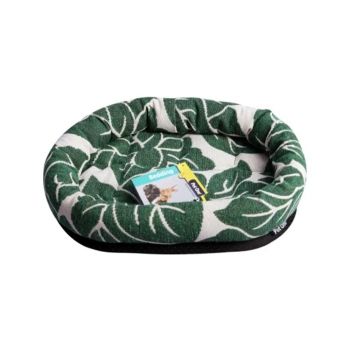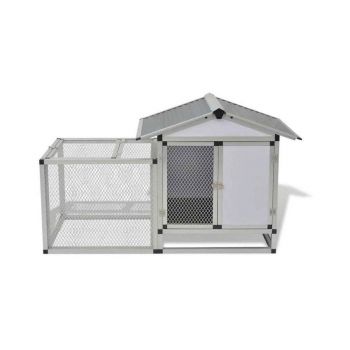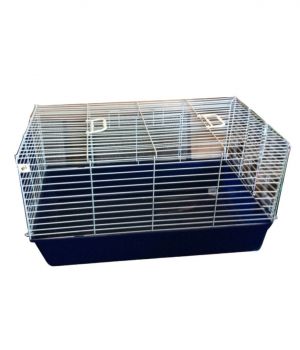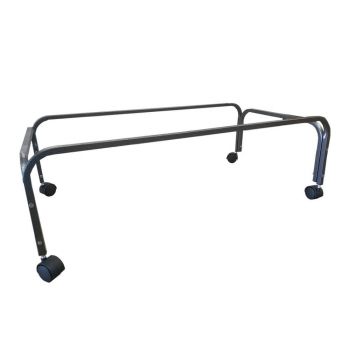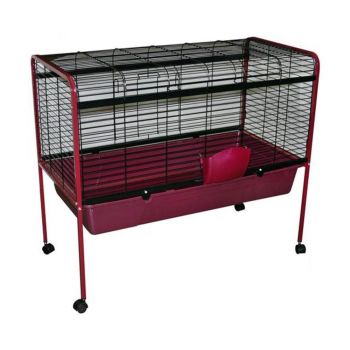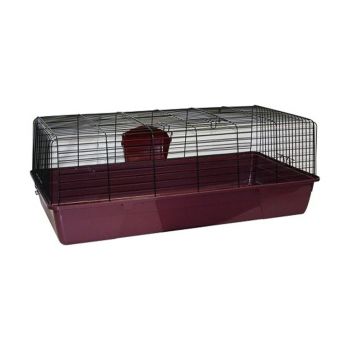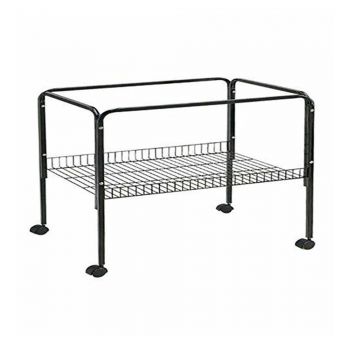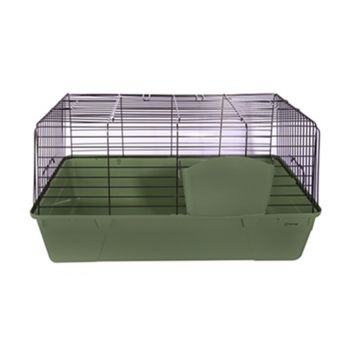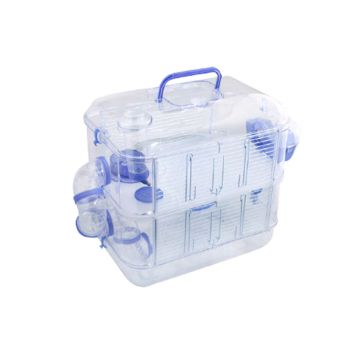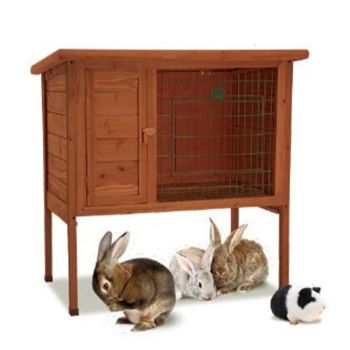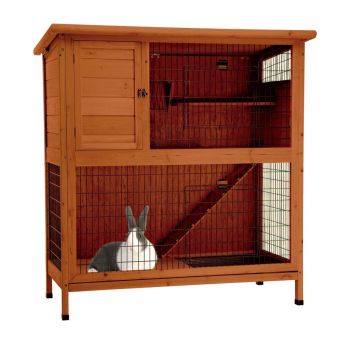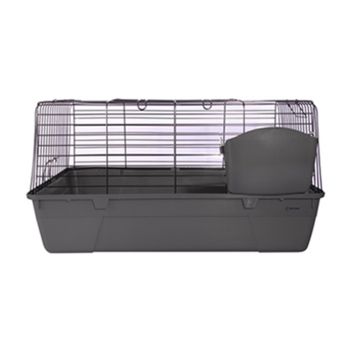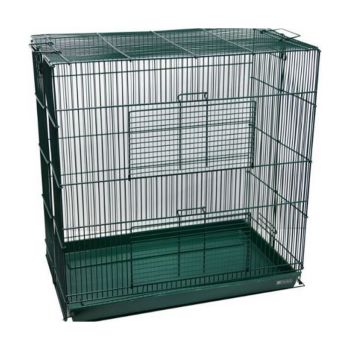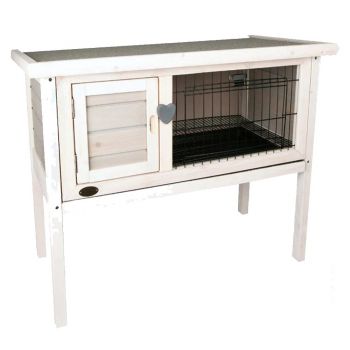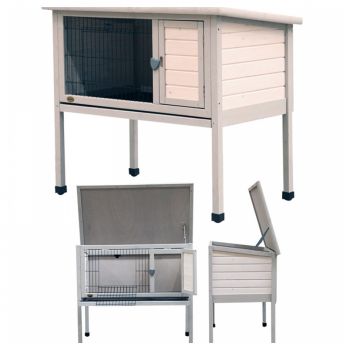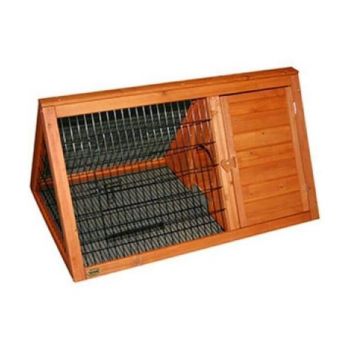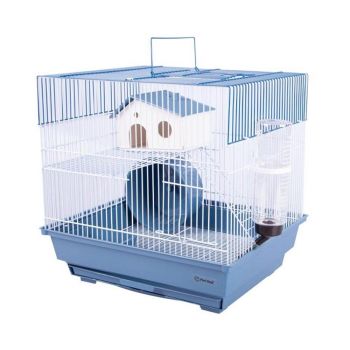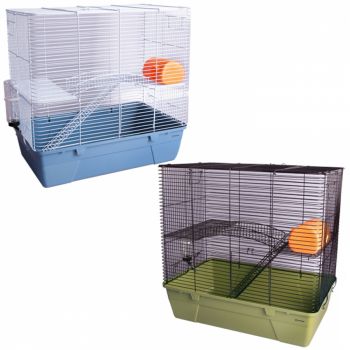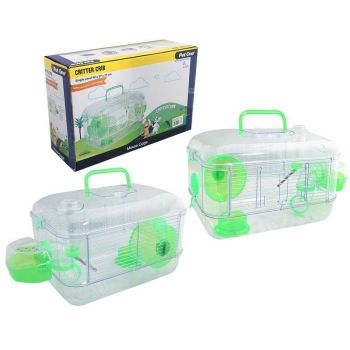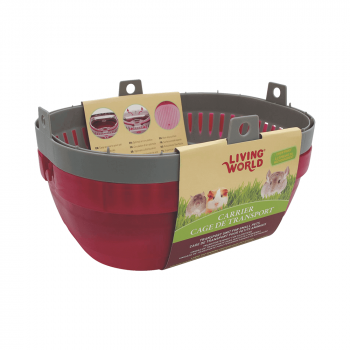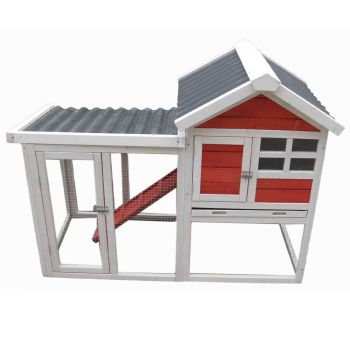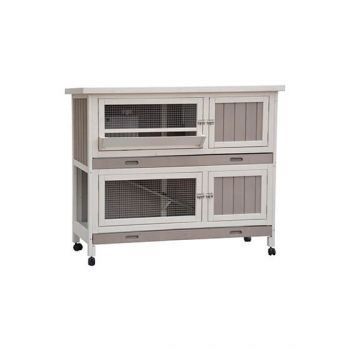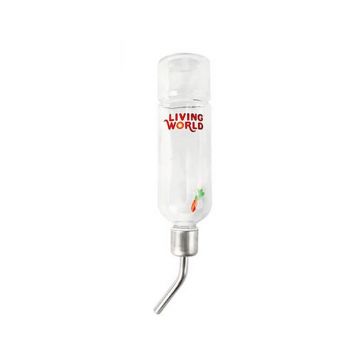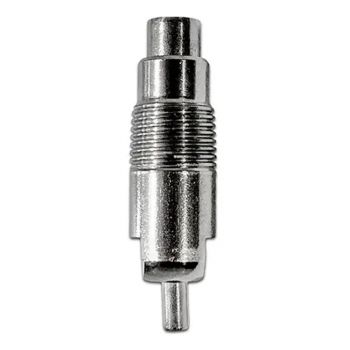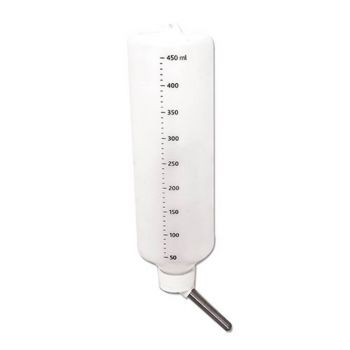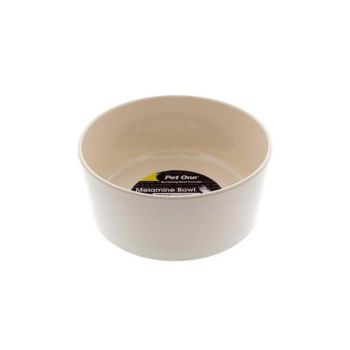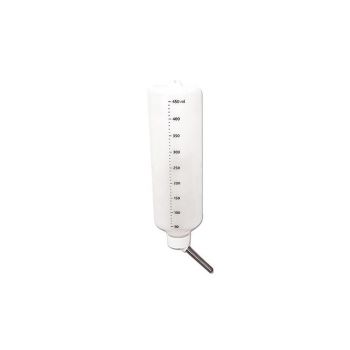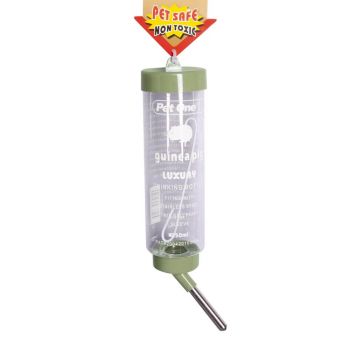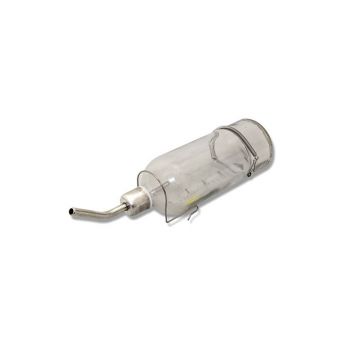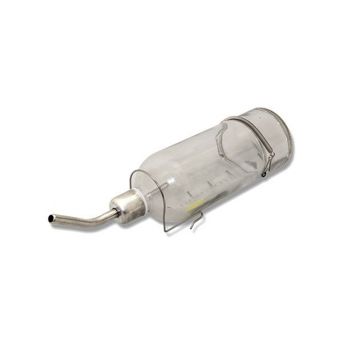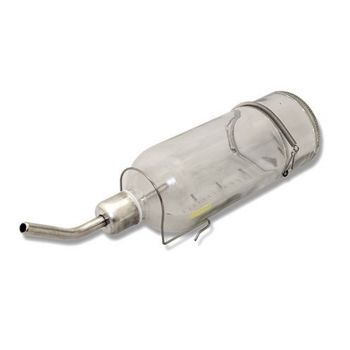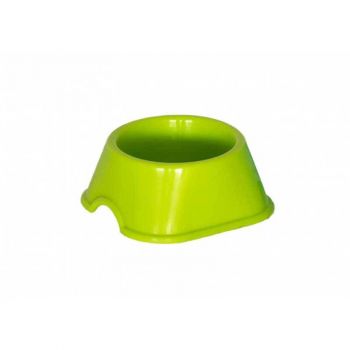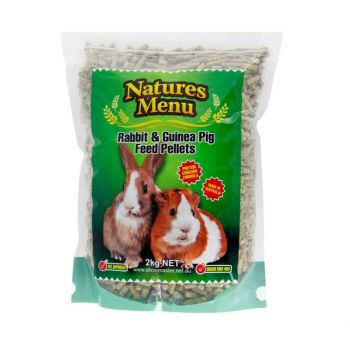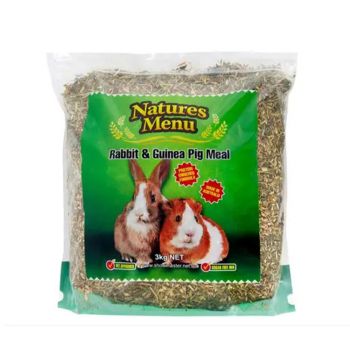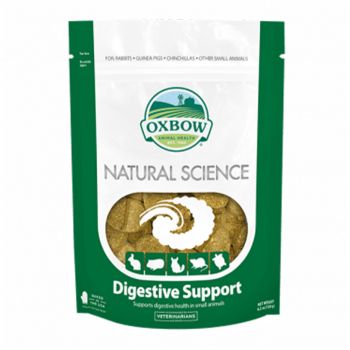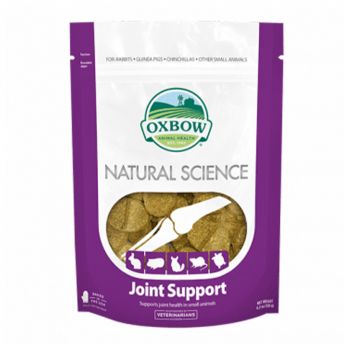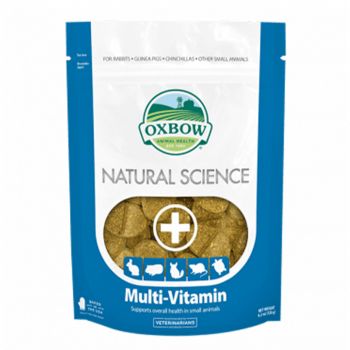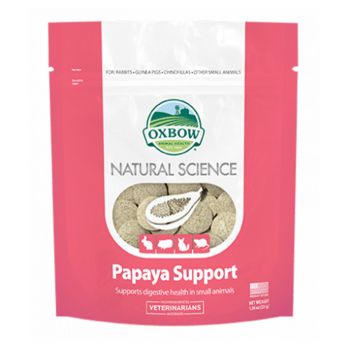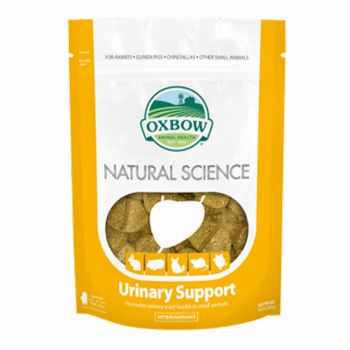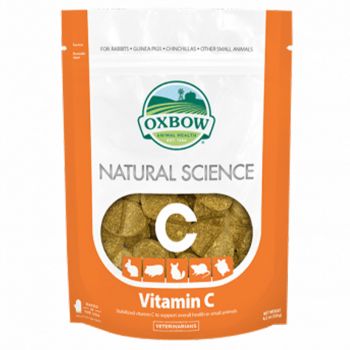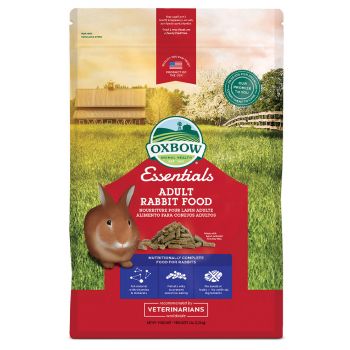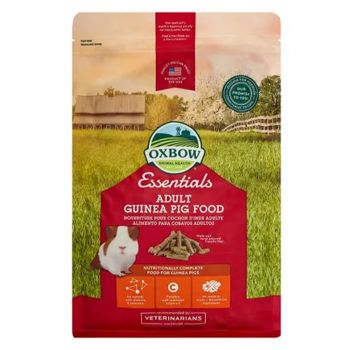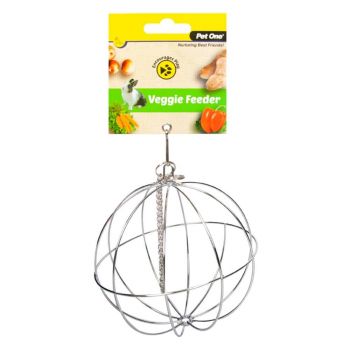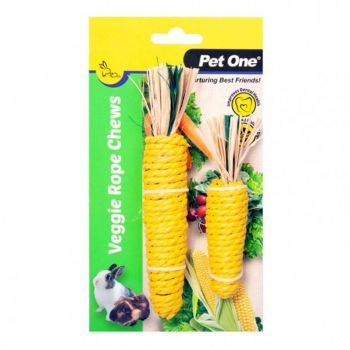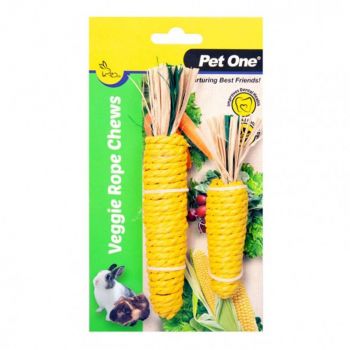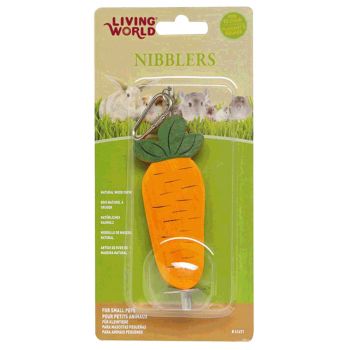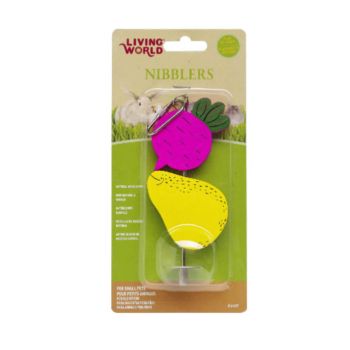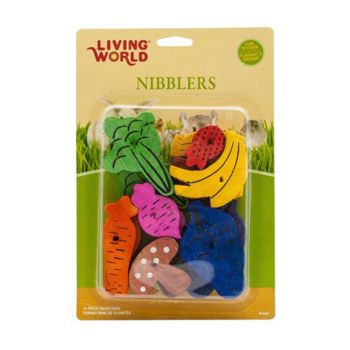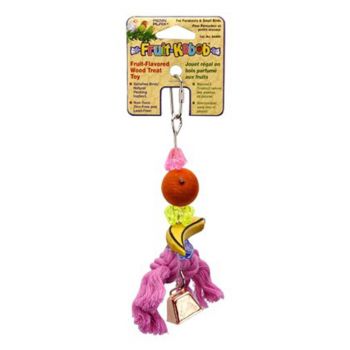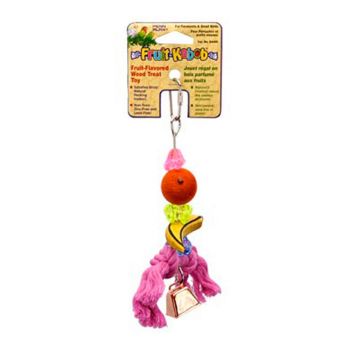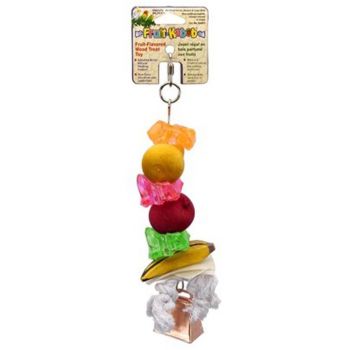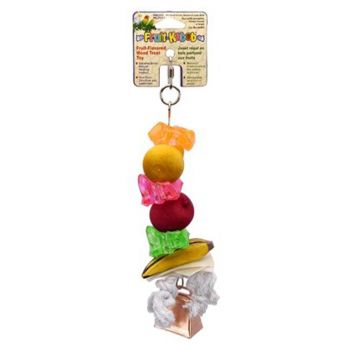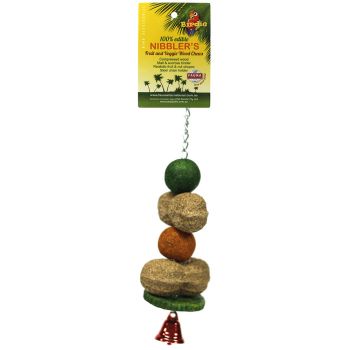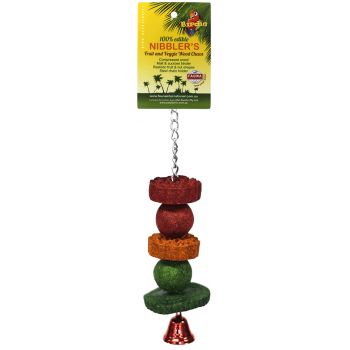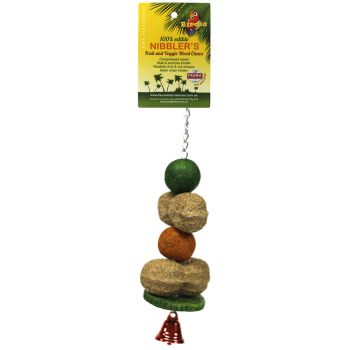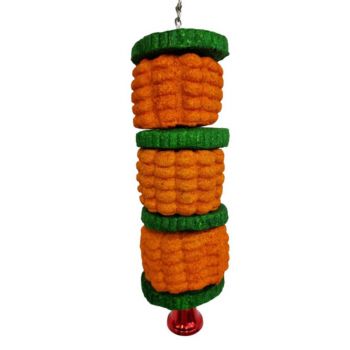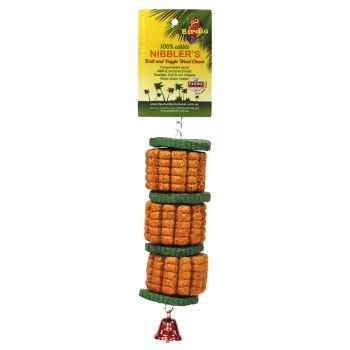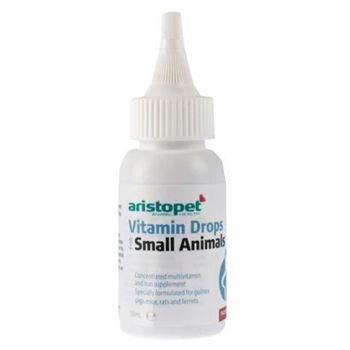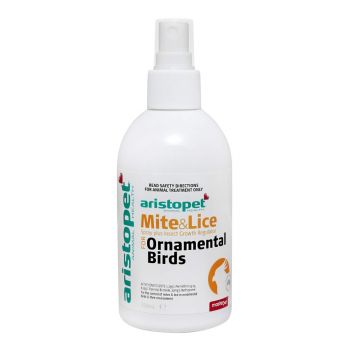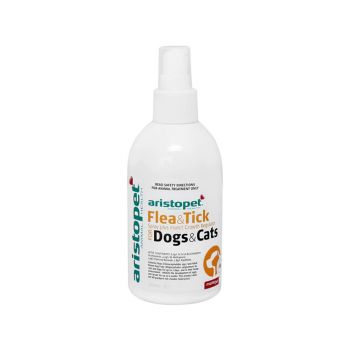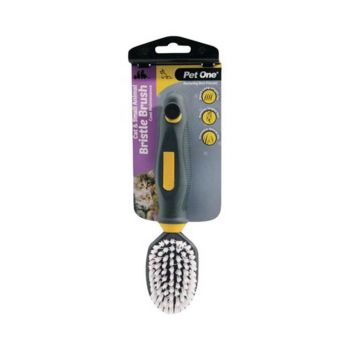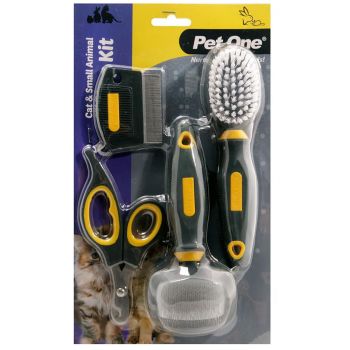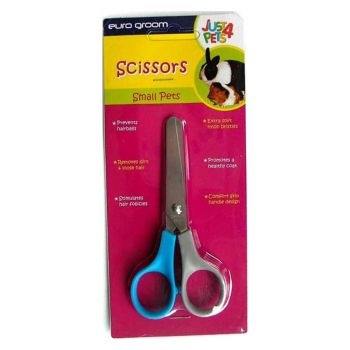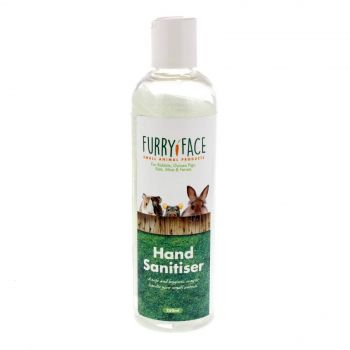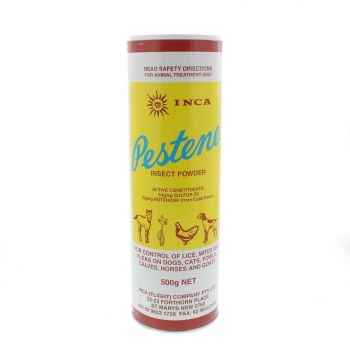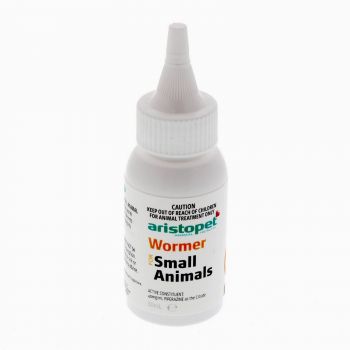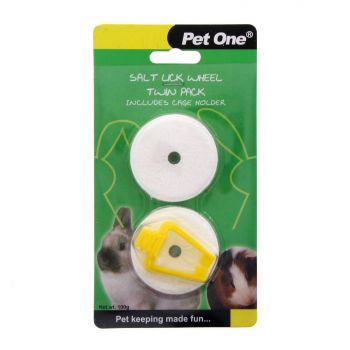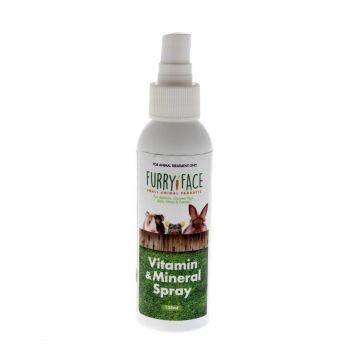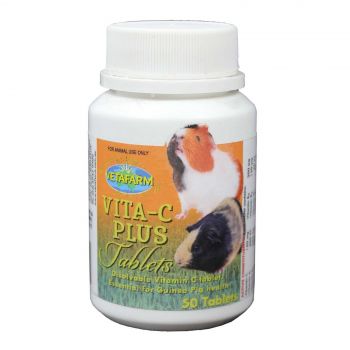THE ULTIMATE GUINEA PIG ADOPTION AND CARE GUIDE
Cavies, more commonly referred to as guinea pigs, are an excellent choice for pet owners looking for a friendly and entertaining companion. Not only do they make great playmates for children, but also require plenty of love and attention in order to thrive! Having a guinea pig can be incredibly rewarding; plus, they’re small enough that you won't need too much space. Due to their lifespan of up to 7 years, adopting a guinea pig should be an informed decision and should never be purchased for someone else as a gift.
Housing For Your Guinea Pig
To ensure your guinea pigs remain safe from predators, such as cats and dogs, they need a secure hutch that is waterproof. The design of the hutch should include plenty of space for exercising and also provide a dark area where they can rest or hide with bedding like hay or wood shavings. With this kind of setup, you'll be sure to give your small companions everything needed for their well-being! Bedding types can include:
- - wood shavings
- - cellulose fibre
- - shredded paper
- - polar fleece.
For optimal comfort, the other section of your hutch should be spacious and airy enough to create a separate play space or bathroom area. Wood is usually preferred as it dissipates heat more efficiently than metal hutches, making sure that your pet stays comfortable inside. Additionally, good ventilation is key for keeping them safe while they're in there!
Maintaining a clean hutch is essential for your guinea pig's health and well-being. While they should be cleaned at least every other day, it’s also important to replace bedding that has become soiled or wet as soon as possible. If you fail to do this, your pet could experience various ailments due to its unclean environment. Signs to look out for are:
- - respiratory infections
- - skin ailments
- - pest infestation such as fleas and mites.
During the chillier months, guinea pigs need a warm refuge that won't be affected by frosty winds, precipitation or plummeting temperatures. That way they can remain comfortable and cosy!
Heat Stress
In hotter months, it is necessary to protect your guinea pigs from heat stress by avoiding putting their hutch in direct sunlight and continuously monitoring them when the temperature rises above 30ºC. Failing to do so can result in serious health issues for your beloved pets. Even in moderate temperatures, keep the hutch out of direct sunlight. Heat builds up quickly in small areas, so on hot days it's important to provide a frozen drink bottle or ice brick inside the nesting area of the hutch to reduce its temperature and ensure your pet is comfortable.
Feeding Your Guinea Pig
Did you know that guinea pigs are pure herbivores? Therefore, it is essential to offer them grass hay and fresh vegetation each day. A high-fibre diet helps sustain their body health while also keeping their teeth in check as they always grow throughout the lifespan of a guinea pig. Eating assists with wearing down their ever-growing teeth, making sure your pet stays healthy!
Incorporating fresh green vegetables into your guinea pig's regular diet is integral for its well-being. You can provide them with such nutritious options as cabbage, lettuce, carrots, broccoli and celery!
To keep your guinea pig healthy and strong, they need to consume food items rich in vitamin C - like citrus fruits or kiwi fruit - as their bodies cannot create their own. Vita-C Plus from Vetafarm is a fantastic dissolvable tablet perfect for guinea pigs.
If you're a guinea pig owner, take heed: potatoes, onions, rhubarb leaves and oxalis clover are toxic to your pet. Additionally, too many grain products should be avoided as they lack sufficient fibre and are high in sugar content. Feeding these items will put your beloved companion at risk of health complications or even death!
It is essential to make sure that fresh, cool water is available at all times.
Companionship
Guinea pigs are wonderfully social and should be kept with at least one other companion to ensure their happiness. To avoid any unwanted pregnancies, male guinea pigs should not reside near female guinea pigs. If introduced when young, males may even form strong friendships and become less likely to fight each other! Additionally, it is best not to keep rabbits in the same environment as guinea pigs since they can often display aggression towards them.
Health Problems
Guinea pigs can suffer from dental issues due to their teeth growing 2-3mm weekly; thus, they require chewing materials such as hay, grass and gnawing blocks to deter oral health problems. If left unchecked, overgrown teeth can bring about substantial consequences such as weight loss, intense pain, and discomfort.
When guinea pigs are afflicted with mites, they may experience hair loss and itchiness. To remedy the issue, their hutch must be cleared out and sanitized; in addition, it is wise to bring them to a veterinarian for treatment or provide parasite-fighting medication.
As a pet owner, it's essential to guard your guinea pig against bumble foot (ulcerative pododermatitis), which is caused by walking on hard surfaces. To prevent this issue, provide soft substances such as hay and grass in their living area for them to walk on. Additionally, avoid wire mesh floors that are not covered with any protective material.
When breeding guinea pigs, it is essential to have a vet check their well-being. Mastitis in the udder is an issue that commonly affects lactating female guinea pigs; thus, you should avoid overbreeding and give them enough time between litters for them to replenish their health. Should any signs of mastitis appear such as swelling or pain around the udders or scabbing on the area, be sure to seek advice from your veterinarian immediately. It's significant to remember that all issues with regard to health must get professional aid from a local vet.
Guinea Pig Grooming
Depending on their breed, guinea pigs can have a variety of coat types. From short and rosette (spiky) to long-haired varieties, each requires unique care and grooming practices. Long hair needs regular maintenance in order to maintain good condition as it has the tendency to become matted easily. Thus, dead hairs should be brushed out gently along with tangles or burrs if applicable; for more serious matting issues use scissors for careful removal.
Handling Your Guinea Pig
Guinea pigs are inherently docile and can form affable relationships with humans if treated correctly. When handling them, it's best to use two hands to scoop them up close to your chest or onto your lap so that their feet remain safe and secure. Make sure you keep a tight yet gentle grip on them as they may be startled easily and jump off of you, risking injury in the process.
For more great information or guides, please come and see us at 370 Grubb Road Wallington or shop online at wallingtons.com.au






